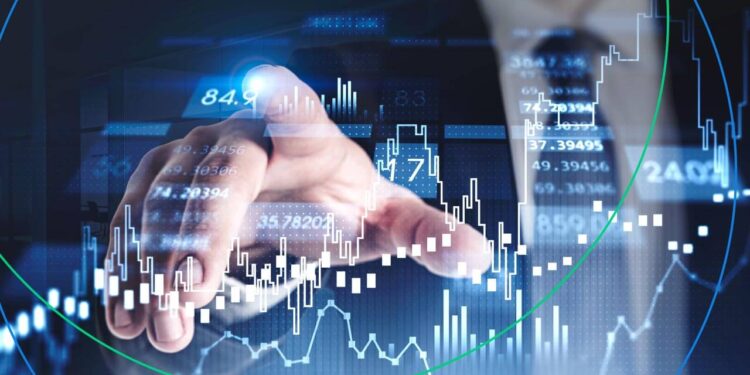Along with samba music and the Amazon jungle, two of the most distinctive features of Brazil are its throbbing financial markets. The primary currency used in this region is the Brazilian Real (BRL). You should familiarize yourself as much as possible with Brazil’s economy if you plan to trade foreign exchange there. Recognizing how heavily Brazil’s economy depends on its abundant natural resources is the first step that needs to be taken. The fact that this country is a major exporter of agricultural products like sugar, coffee, and soy is largely responsible for its prominence on the global stage. The pricing of various commodities and the global demand for these goods can have an impact on the value of the Brazilian real. It would be wise for BRL traders to research these commodities.
The energy sector is also quite important, particularly the oil sector. Some of the largest oil resources in the world are located off the coast of Brazil. A significant geopolitical event or change in international policy could result in an increase or decrease in oil prices that would have an impact on Brazil’s financial institutions. Brazil’s greatest asset is its abundance of natural resources, but the country’s manufacturing and service sectors are also important growth engines. In Brazil, the commercial and industrial centers are Sao Paulo and Rio de Janeiro, for example. These centers help make forex trading more effective by drawing in foreign investors and offering insightful information on the state of the world economy.
Understanding the workings of Brazil’s central bank is essential if you plan to transact business there. The acts of the central bank are critical to price stability, economic expansion, and stability in general. There is close examination of the interest rate policy. Interest rates affect both the influx and outflow of foreign investment; lower rates have the opposite effect of lower rates, enticing capital and leading to a real appreciation. But any experienced trader would also tell you that there are other factors involved. Brazil’s membership in the BRICS group (together with Russia, India, China, and South Africa) has considerable impact on the economic destiny of the other BRICS nations. Brazil’s currency and GDP are both susceptible to a decline in one another. Because the world’s economy are interconnected, forex traders need to have a worldwide perspective.
One intriguing aspect of the Brazilian economy is the bond market. The yields on bonds issued by less developed nations can be quite alluring when juxtaposed with those of more developed nations. The fluctuations in bond prices may have an impact on the demand for Brazilian Real. The broad adoption of technology has finally brought in a new era. Forex trading, which was formerly a complicated business, is now easily obtainable in the internet world. Contemporary platforms facilitate the rapid and effortless ascent of new players into the market by furnishing instantaneous data, trend forecasting, and seamless transaction functionalities. But this relaxation comes with a responsibility to stay current with events and refine judgment in a market as dynamic as Brazil’s.
In a nutshell, the financial markets of Brazil provide a great deal of potential when it comes to investments. The technological, international, monetary, industrial, and natural worlds are all brought together by them. They represent the coming together of these worlds. From this vantage point, the Brazilian Real moves to a cadence that is both attractive and complicated. In order to be successful in this setting, you will need to possess a combination of technical expertise, a profound understanding of the subject matter, and a keen sense of perception. The financial markets of Brazil provide an exuberant display of chance, risk, and reward, much like the well-known carnivals that are held throughout the country.









